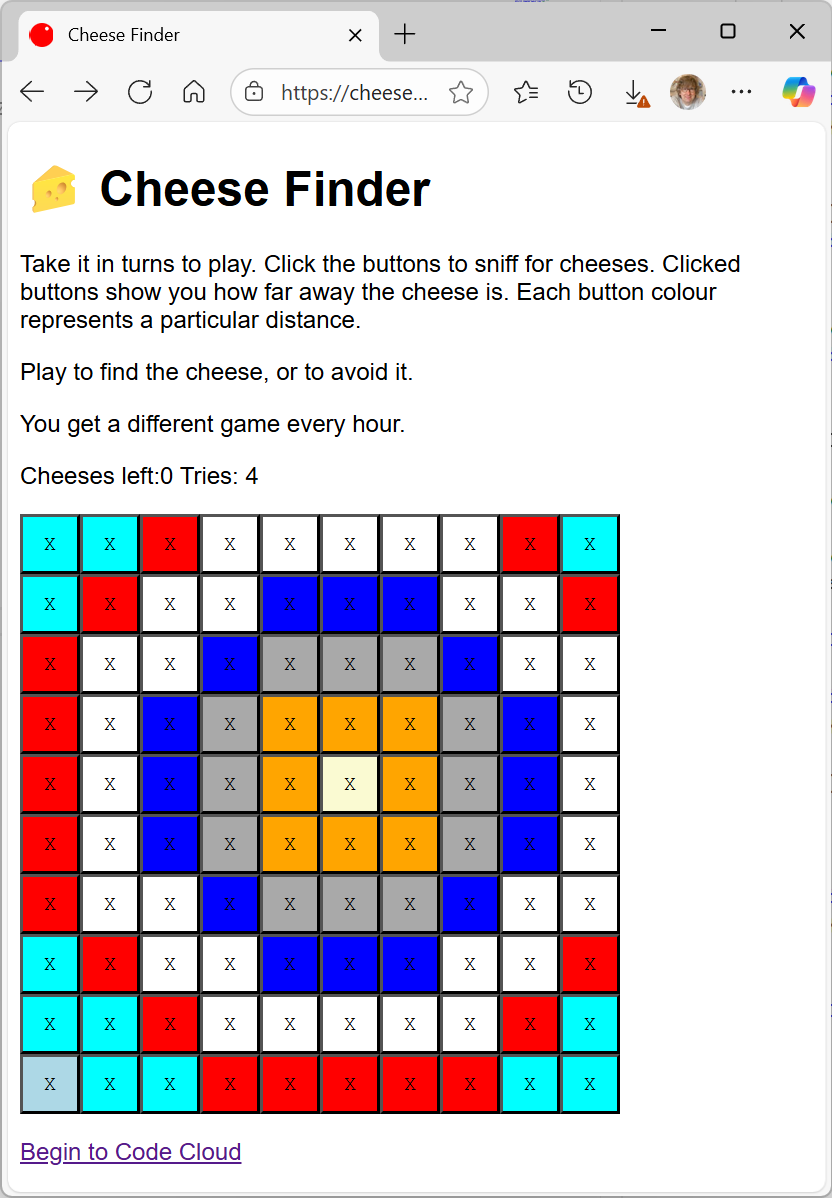Clusty to the Rescue
/I’ve spent bits of today trying to get my .NET Micro Framework devices to work. For some reason I want to take my smallest PC away with me next week to Portugal, and this has meant a certain amount of heartache.
The PC is an Advent netbook. I bought it earlier this year and I love it to bits. It arrived running Windows XP, and I’ve just put the beta version of Windows 7 on it. This turned out to be really easy. I just plugged in an external DVD drive, tweaked the BIOS to make it boot from the DVD and then booted from the Windows 7 disk. I did a brand new install, wiping out the original operating system and, of course, removing the recovery partition. I don’t do things by halves, me.
The installation was smooth and surprisingly quick. The only problem was that I had to find my way to the RealTek site to locate and install the WIFI drivers, but once I did that I had the machine on the campus network with very little fuss.
That was a week ago. Since then I’ve installed Microsoft Office 2007, Visual Studios 2005 and 2008, Photoshop Elements and a bunch of other programs, all of which seem to work fine. Unfortunately, when I tried to install the USB drivers for some of my .NET Micro Framework devices, things started to get a little tricky.
The drivers that were supplied with the hardware didn’t work. I read somewhere that Windows 7 refuses to install drivers that have not been signed, and so I did some digging and found that there is magic that is supposed to switch this off.
Unfortunately it didn’t seem to work for me. I did a lot more digging and kept hitting brick walls, trying increasingly more complex searches for the drivers that it seemed like I needed and not finding anything. By lunchtime I’d resigned myself to taking my heavy old Toshiba away with me.
Then I remembered Clusty. This is a clustering search engine that I’ve used in the past to good effect. You get your search results nicely categorised, which makes finding your way through them must easier. I fed in the same search string that I’d been using unsuccessfully on Google and it came back with a list of hits that made it very easy to find just what I wanted. And it worked. So it looks like I’ll be writing code for tiny devices on a tiny device, which I guess is just how it should be.





